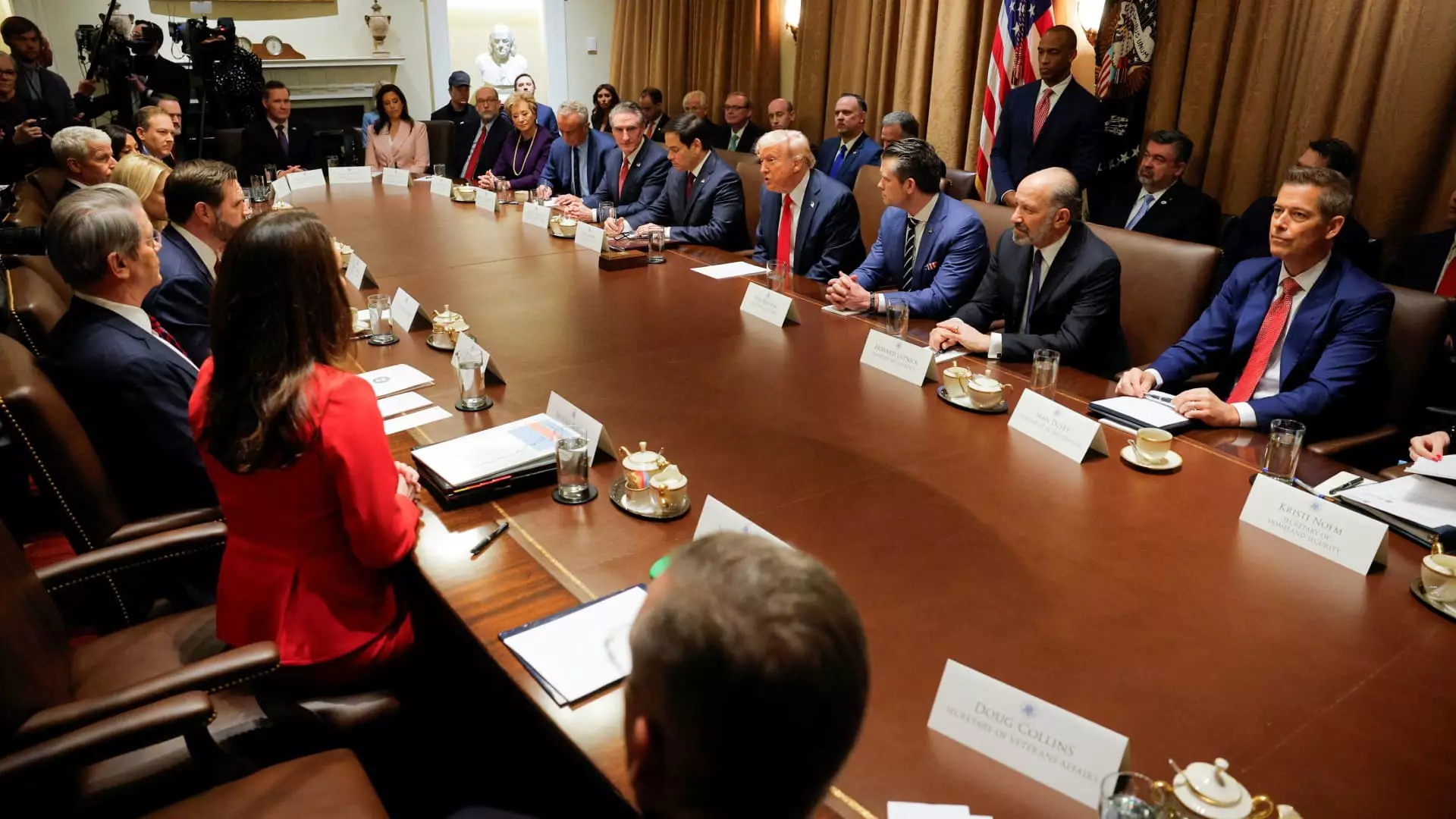The recent announcement of a proposed $5 million “gold card” by former President Donald Trump has ignited a robust debate surrounding immigration policy, wealth concentration, and tax law in the United States. The gold card aims to attract the global elite seeking permanent residency and a pathway to citizenship in exchange for a substantial financial investment. As experts dissect its ramifications, it is clear that this initiative is not only tangled in complexities but also offers a unique opportunity that could forever alter America’s allure to the ultra-wealthy.
The gold card proposal emerges as a highly lucrative option for high-net-worth individuals (HNWIs) looking to establish their roots in the United States. The announcement has garnered attention from affluent investors and immigration consultants alike. Dominic Volek, the head of private clients at Henley & Partners, articulated that the program presents a “unique opportunity” for those desiring U.S. residency.
Experts expect demand for the gold card to be considerable. According to Henley’s data, over 135,000 millionaires worldwide are predicted to migrate in the near future, with the U.S., alongside the UAE, being a preferred destination. Trump’s exuberant assertion that the card would “sell like crazy” raises questions about whether it is indeed the bargain he claims it to be.
One of the most significant aspects of the gold card program is its tax implication, surprising both legal experts and prospective applicants. Currently, U.S. taxpayers—including citizens, permanent residents, and green-card holders—face taxation on their global income. However, Trump proposes an enticing tax loophole for gold cardholders, exempting them from taxes on income earned outside the U.S.
This pivotal shift in tax treatment could create a dual-tax system, where gold cardholders enjoy benefits that traditional U.S. tax residents do not have. Laura Foote Reiff, a business immigration attorney, pointed out that many wealthy individuals shy away from permanent residency due to unfavorable tax consequences. This new tax structure raises concerns about equity within the taxation framework and may spur debate among policymakers about socioeconomic disparities in the U.S.
At $5 million, the gold card will be among the priciest investment visas globally. Currently, Singapore and New Zealand offer similar programs with their minimum investment thresholds set higher than the gold card. Unlike many nations that market their investment visas for under $1 million, the U.S. is treading into uncharted territory, raising speculation about its long-term viability and attractiveness to an already selective clientele.
The notion that wealth should precede residency inevitably perpetuates a cycle wherein only the richest can settle in the U.S., further intensifying wealth inequality. Critics may argue that this creates an elite class of residents, while the working and middle classes continue to grapple with immigration complexities on less favorable terms.
The gold card may serve as a replacement for the existing EB-5 visa program, which requires a lower investment amount yet has faced significant operational drawbacks such as delays and fraud scandals. Historically, the EB-5 program has seen high demand from Chinese applicants, with two-thirds of issued visas going to them. Whether the gold card can attract a similarly diverse group of applicants remains to be seen.
Despite initial assertions that demand could reach hundreds of thousands, immigration attorneys temper those expectations. With 424,000 individuals worth $30 million or more globally, the anticipated market size for this visa is markedly smaller when accounting for complex individual aspirations and varying investment capacities.
The proposed gold card represents a bold step towards transforming America’s immigration landscape for the ultra-wealthy. However, its implications extend far beyond residency, touching upon issues of equity in taxation and access to opportunity. While it promises to expedite the process for a select group, it also raises critical questions about how this degree of wealth is prioritized over traditional paths of migration.
As this proposal unfolds, companion debates about immigration, equality, and democracy will likely emerge, shaping future discussions around what it means to be a resident in the United States. Will it serve merely as a lucrative opportunity for a few, or will it open pathways for meaningful contributions by the wealthy that benefit society at large? Ultimately, the success of the gold card will hinge on balancing these complex factors in a rapidly changing global landscape.

Leave a Reply